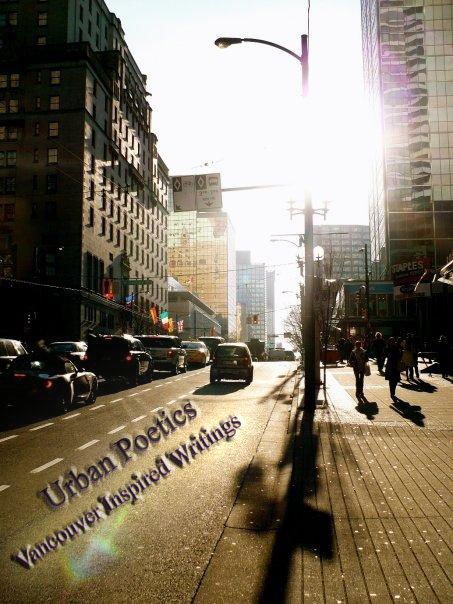Hello everybody!
Now that I have explained my general thoughts on Sidney's work, and perhaps poetry in general, it is time that I push forward with explanations of how I read him; my analysis of the text.
I am going to begin with looking at his Certain Sonnets. I am going to do this for a number of reasons. Firstly, in order to develop a relationship with any artist I think it's important to obey what draws you to them, and I was very drawn to his Sonnets. I enjoyed them because, while they had to do with one another, there was a lot of change between them, and I suppose this kept my mind to the writing. The second reason I am doing this is because I found in them some ideas that reoccur in Astrophil and Stella. Thirdly, and most importantly, I Love his lines, and I think I have a lot to say about them. I want you to love them too!
I am going to work the sonnets, or parts of sonnets, that spoke to me the most. There is A LOT to write, so I will most likely do this through a bunch of posts.
I am going to begin with sonnet three. This sonnet includes too stanzas. The first is a bit lighter than the second.
The form of the second mimicks the first. They both begin with a set of four lines that use nature metaphors, carrying on Ancient literary tradition. Then, it jumps to "Fame...1 + 2 + 3." "Time...1 + 2 + 3." Both stanzas do this. However the second stanza is much more powerful, carrying through it a sense of strength of passion.
The call to nature in stanza one is:
"The fire to see my wrongs for anger burneth;
The air in rain for my affliction weepeth;
The sea to ebb for grief his flowing turneth;
The earth with pity dull the centre keepeth..."
Then, my favourite lines of the passage:
"Time runs away for sorrow," and
"My fall her glory maketh:
Yet still her eyes give to my flames their fuel."
In the second stanza, Mother Nature comes again. Much more aggressive, I think:
"Fire, burn me quite, till sense of burning leave me;
Air, let me draw no more thy breath in anguish;
Sea, drowned in thee, of tedious life bereave me;
Earth, take this earth, wherein my spirits languish..."
Now, this is the breaking point. After "Fame" and "Time", there is a sudden change in form:
"Fire, air, sea, earth, fame, time, place, show your power.
Alas, from all their helps I am exiled;"
and ends:
"Though I be hers, she makes of me no treasure."
Powerful words. Sidney lets the words speak without clouding them with fancy anything:
'From all their helps I am exiled.'-
Exiled. One becomes exiled from a country. From a family. Thrown out. Left alone. Abandoned.
'She makes of me no treasure'-
He says quickly that he belongs to her, that he is absolutely taken by her. Notice that he mentions it so briefly, for his love, in writing already, even to his audience, follows without need of testimony. But for her, 'she MAKES of me no TREASURE'-
1. She has an Option to Make and not to Make, and she does not make at all. To make implies the choice to form or not to form a feeling, like a god chooses to create. Sidney has no such choice at all.
2. 'Treasure'- something worth value, analagous to monetary value. Something precious, one aspires to, searches for, perhaps mysterious. Like a Pirate's treasure. The woman as a mystery is a common idea in art. Even in the contemporary. Observe the 'mysterious' glare of a cover girl.
3. 'Treasure' is used ironically. What Sidney intends is that she does not make of him Anything, never mind a treasure. But he hyperbolizes what he is not to show that there is no comparison between their sentiments. To Sidney, she is more than a treasure, while to him he is not even half that.
That was my say on sonnet three. The sonnets will continue in my next post!
Subscribe to:
Post Comments (Atom)


No comments:
Post a Comment